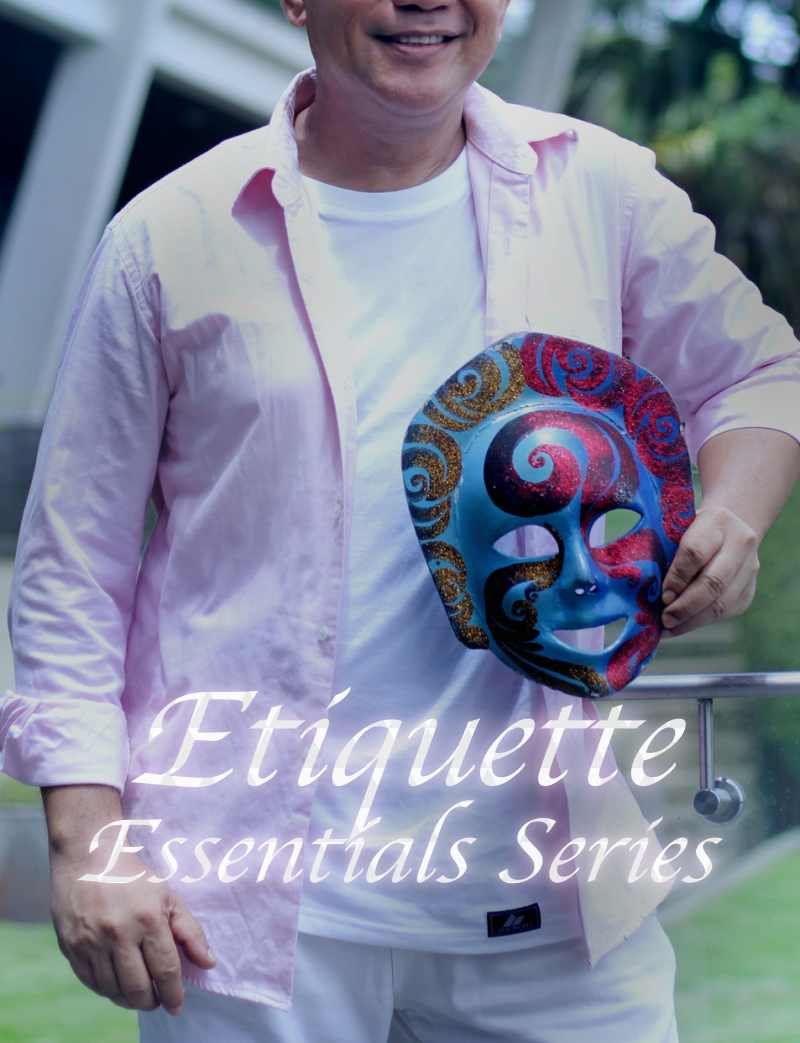
Unsolicited Advice
Table of Contents
Navigating the Waters of Unsolicited Advice: A Personal Journey [ Etiquette Essentials # 1 ]
I’ve enjoyed conducting seminars and training sessions on human relations for many years. It’s a field that fascinates me as it dives deep into how we connect. Over time, I’ve encountered countless conversations where I’ve felt that familiar urge to jump in with my insights. You know that feeling—when someone shares a struggle, and you think, “Oh, I have just the advice they need!” But more often than not, I’ve noticed how people react to unsolicited advice. Some nod politely, while others visibly bristle at the suggestion. It made me realize that even the best intentions sometimes miss the mark. So, I decided to adopt a personal rule: I won’t offer it if someone isn’t asking for advice. It’s a simple guideline that has saved me from many awkward moments and has helped me foster more genuine connections.

The Fine Line of Unsolicited Advice
I’ve learned that sometimes people want to vent or share their thoughts without seeking solutions. They’re not looking for answers; they’re looking for empathy. When I recognized this, it changed how I approached conversations. Instead of jumping in with advice, I focused on listening more actively. Here’s a tip: when someone opens up about their challenges, try responding with questions instead of solutions. For instance, you could say, “That sounds tough. How are you feeling about it?” This approach shows that you care and allows them to process their feelings without feeling pressured to take your advice.
When It Is Welcome [ Unsolicited Advice ]
Of course, there are times when advice is genuinely sought. In those situations, gauging the person’s openness to input is essential. A friendly way to do this is to ask if they’d like to hear your thoughts. Something like, “I have some ideas that might help if you’re interested,” can open the door for a constructive dialogue without imposing your views.

Setting Boundaries [ Unsolicited Advice ]
I’ve also found that setting boundaries about unsolicited advice is crucial for myself and others. If someone keeps offering advice when you haven’t asked for it, it’s perfectly okay to steer the conversation back to your needs gently. A simple response like, “I appreciate your concern, but I’d prefer to figure this out on my own,” can help maintain a positive atmosphere while asserting your boundaries.

The Power of Empathy
Above all, empathy plays a vital role in these interactions. Understanding that everyone has their journey and ways of handling situations can help us be more compassionate in our responses. Sometimes, being there for someone—listening without judgment—is the best support we can offer.

Conclusion: What Fabulous People Do
In navigating unsolicited advice, I’ve learned that it’s often better to listen than speak. By practicing patience and empathy, we can connect deeper with those around us. After all, this is what fabulous people do: they uplift others through understanding and support rather than through unsolicited opinions. So next time you feel the urge to share your wisdom, remember that sometimes the best thing you can do is simply be there and listen Because that’s What Fabulous People do!

Other Stories
- Freska Seafoods Restaurant, Bacolod City: A Review
- Training and Development: A Personal Journey
- Human Resource Management: Empowering People
- Foodpanda Guide to MassKara Festival | Basta Food, Panda!
- BingoPlus Celebrates, Proud Sponsor of the MassKara Festival
- Pintaflores Festival Schedule of Activities 2024
- DITO Telecommunity Celebrates 45th MassKara Festival
- NONECO Blackout: Negros Power Steps In
- Go-To-Market Strategy: A Guide for Launching



